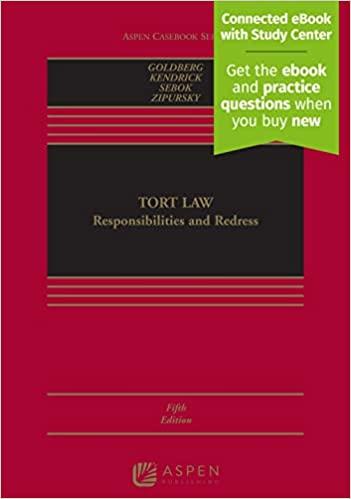What are the key aspects of health and safety legislation? Discuss in 220 to 250 words Duty of care A person conducting a business or undertaking (PCUB) must ensure the health and safety of all persons at its business, including visitors, are not put at risk by the activities of the business. This "duty of care" specifically includes looking at the work environment; work systems; plant and structures used; substances used, handled or stored; as well as providing adequate information, instruction, training and supervision for work to be carried out safely. Access to facilities for the welfare of workers is also required. "Ensuring health and safety" is defined as eliminating risks so far as is reasonably practicable, or if that is not possible, minimising the risks. Codes of practice provide practical guidance on compliance. Employers should follow a code of practice unless they can show an alternative way of meeting their obligations that is at least as safe. This allows some flexibility but deviating from a code is not something you should do lightly or without good advice. There is a specific code of practice setting out a systematic approach to managing risks. The regulations and that code both refer to the "hierarchy of controls" as part of that systematic approach. The hierarchy is eliminate the risk so far as is reasonably practicable, if it is not reasonably practicable to eliminate the risk, minimize the risk so far as is reasonably practicable by doing one or more of the following: substitution, isolation and engineering controls.; if a risk then remains, minimise the remaining risk so far as is reasonably practicable by implementing administrative controls (eg, safe work instructions, supervision, signage and training); and if a risk then remains, minimize the remaining risk so far as is reasonable practicable by ensuring the provision and use of suitable personal protective equipment (PPE) Obligations to consult, cooperate and coordinate with other duty holders WHS laws clearly identifies that more than one person can have the same duty. For example, a labour hire company and a host of employers both hold the duty to ensure the health and safety of a labour hire worker placed with the host employer







